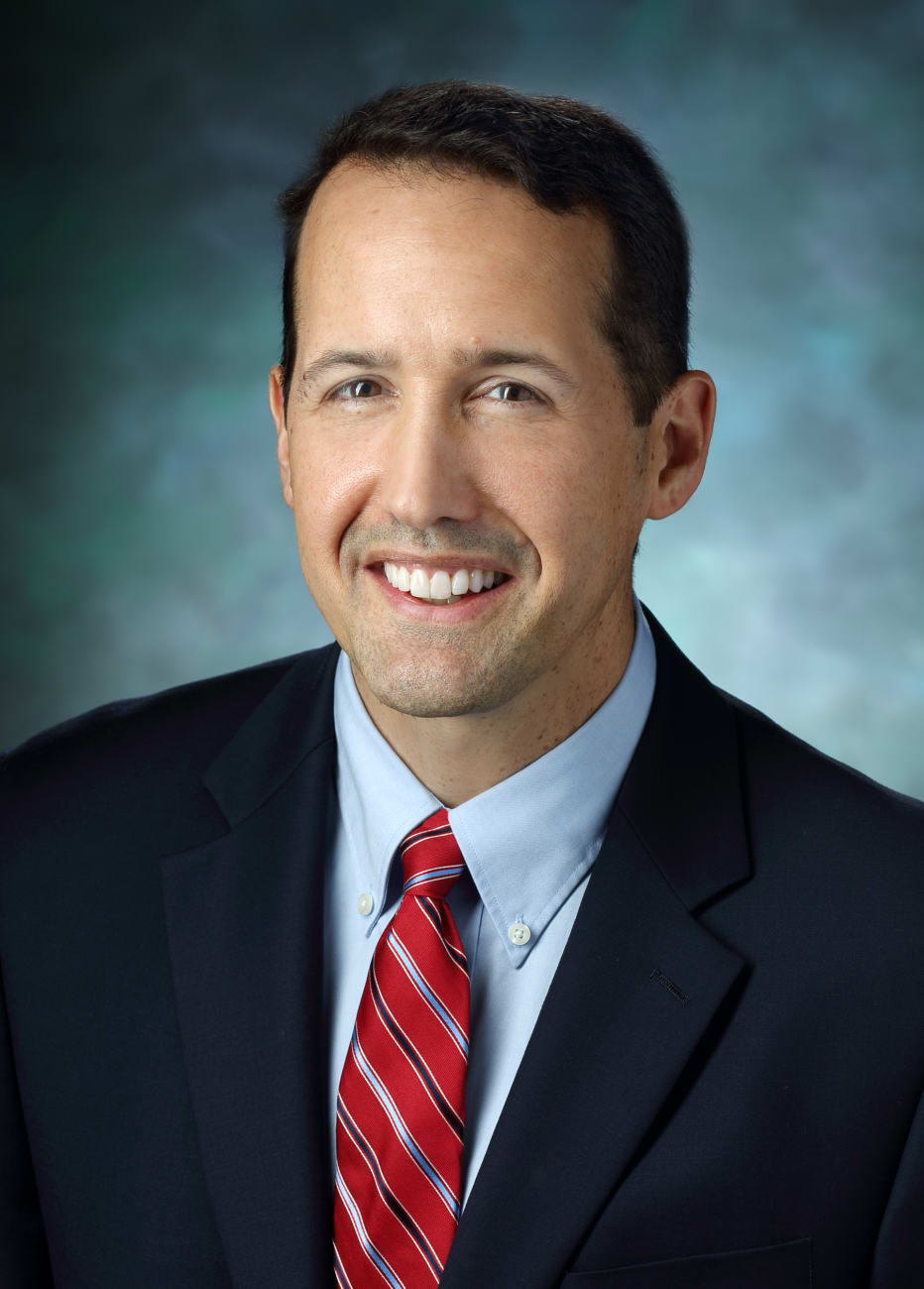
In the Hollywood movie version of cochlear implantation, the happy ending happens instantaneously when the implant is first turned on, says Charles Della Santina, director of the Johns Hopkins Listening Center. “But in the real world,” he says, “it takes time, effort and expert help to get the best possible performance.”
A key part of that effort for patients at the Listening Center, Della Santina says, is the services delivered by Johns Hopkins’ auditory rehabilitation therapists, including Kristin Ceh, who works primarily with adults; and Deborah Bervinchak and Kathleen Lehnert, who work primarily with children.
Auditory rehabilitation benefits cochlear implant users of all ages, explains Ceh. In adults, she and her colleagues counsel patients on what to expect from their device. They also help patients train their brains to interpret the signals delivered by the implants. Therapy schedules for adult patients vary according to availability and skill levels.
Auditory rehabilitation therapy is vital for children receiving cochlear implants, says Bervinchak, especially those just developing listening and spoken language skills. For young patients, therapy isn’t just geared toward the individual — it includes the entire family and the community that surrounds the child, including day care providers and teachers.
Share Fast Facts
At the Johns Hopkins Listening Center, a dedicated team helps patients train their brains to interpret the signals delivered by cochlear implants. Click to Tweet
—Charles Della Santina
For the past two decades, explains Lehnert, Johns Hopkins Listening Center therapists have performed in-person consultations at patients’ schools, collaborating with educators to develop Individualized Family Service Plans and Individualized Education Plans, which lay out the special education, support and services that each child needs to make progress and succeed in school. Lehnert notes that she and her colleagues are versed in education law, allowing them to better advise families about the services and accommodations to which their children are
Juggling this outreach work with their busy clinical schedules, Listening Center therapists have provided these services free of charge, critically extending the work they perform in the clinic. Close coordination among therapists, teachers and parents helps children generalize listening skills learned in the clinic for use in their classrooms and homes. “We are very passionate about this program because it plays such a vital role in nurturing the total well-being of each child,” says Lehnert.
Della Santina hopes to establish an endowment to perpetually support the Listening Center’s free IEP/IFSP consultation program. If you are interested in contributing, please contact Donna Clare at 410-955-0173 or dclare2@jhmi.edu.

